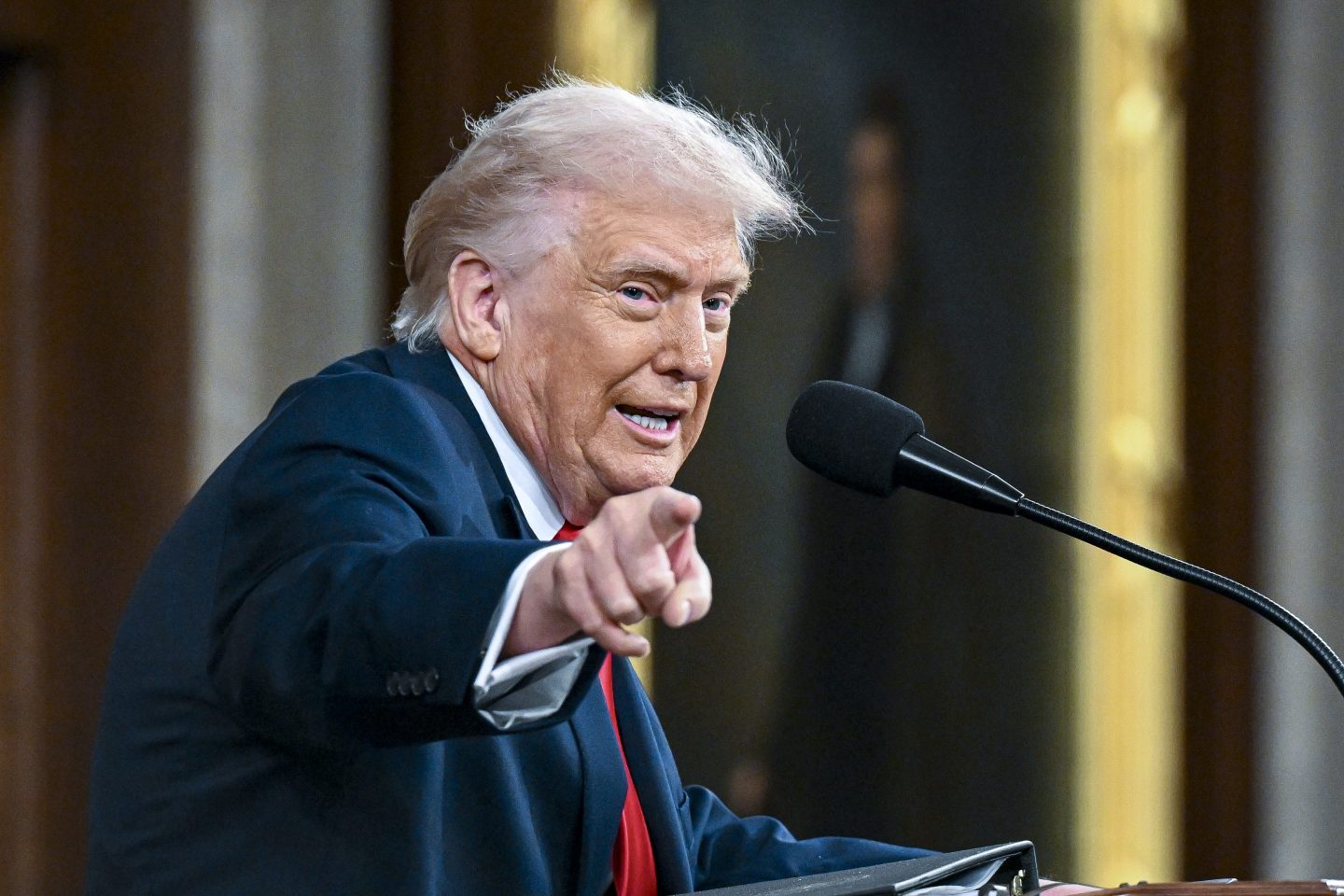In August last year, Blackrock’s former head of sustainable investing, Tariq Fancy, published an excoriating treatise against ESG financing—a world he had recently been part of—decrying the lucrative investment space as an elaborate ruse.
In the months since, ESG has had something of a reckoning, and the shakeout is ongoing. Earlier this month, the Securities and Exchange Commission reportedly began investigating claims of greenwashing at Goldman Sachs’s ESG funds. Days earlier, police in Germany raided Deutsche Bank headquarters on greenwashing charges, too. Goldman hasn’t commented on reports of the SEC’s investigation and Deutsche’s investment unit, DWS, has denied allegations that it misled investors.
Sensing his moment, Fancy has returned to add a 13-page epilogue to his original three-volume essay titled Secret Diary of a ‘Sustainable Investor’ that he published on Medium, urging readers, again, to not be fooled by the promise of sustainable funds.
“The financial mechanics behind the vast majority of low carbon funds mean that they just move money around but do not lower real-world emissions, though socially conscious investors usually pay higher fees for the privilege of being attributed less emissions on paper,” Fancy says.
There aren’t many new revelations in Fancy’s epilogue—after all, it is an epilogue—although he does discuss a couple of recent developments, including the fallout over HSBC’s now-suspended head of responsible investing Stuart Kirk.
The bank suspended Kirk last month after he delivered a presentation at the Financial Times Moral Money summit entitled Why Investors Need Not Worry About Climate Risk. HSBC said the presentation didn’t align with its values, forgetting it had approved the speech months earlier.
In Fancy’s view, Kirk’s speech was actually an argument for greater government regulation, highlighting that financial markets and money managers are neither the right tools nor the right people to tackle climate change.
“The fact that incentives and structures may be too short-term to address society’s challenges is precisely the reason that regulation is required,” Fancy says. (I agree.) At least regulation on ESG is brewing, but so is the pushback against it.
The period for public comment on the SEC’s proposed rules to better regulate and standardize ESG disclosures closed last week. Some Republicans, such as former Vice President Mike Pence and libertarian free-marketeers like Peter Thiel have lambasted the agency’s attempt to mandate climate disclosures as “woke capitalism.”
“Woke” capitalism is the pejorative right-wing rebranding of the left’s advancement of “stakeholder capitalism,” which argues that businesses should value the needs of all stakeholders instead of only serving shareholders. Anti-woke capitalists, like Pence, opine that the advent of stakeholder capitalism is forcing companies to sacrifice profit for virtue.
But Fancy dismisses the conflict between woke and anti-woke capitalists as a “fake debate between two similar free markets theories.” Fancy might not be surprised then that many business leaders who have subscribed to the idea of “stakeholder capitalism” have objected to the SEC’s proposed regulations too, criticizing them as “unworkable.”
Eamon Barrett
– eamon.barrett@fortune.com
@eamonbarrett88
CARBON COPY
Sensitive Chevron
President Joe Biden chided Mike Wirth, the chief executive of Chevron on Tuesday, calling the leader of the second largest U.S. oil company “sensitive” and claiming he “didn’t know they would get their feelings hurt so quickly.” Biden has ramped up criticism of oil majors in recent months, calling on domestic suppliers to increase production to combat rising fuel prices. On Tuesday, Wirth sent a letter to the president, rebuking the White House for seeking to “criticize, and at times vilify, our industry.” FT
Solar, from space
Researchers in China have successfully tested a mechanism that could be used for beaming to Earth electricity generated by solar panels in space. At a testing facility in Shaanxi province, a model power station converts energy captured by a solar panel into microwaves, which are then transmitted through the air to a relay station, where the waves are transformed to electricity. The testing site only transmits the energy 55 meters, but it’s a promising start. Bloomberg
Seeing through the clouds
Continuing the “microwaves from space” theme, one satellite imaging company has come up with a novel way to circumvent the greatest bane of satellite surveillance tech: cloud cover. Instead of snapping photos of the Earth, as most satellites do, Umbra’s orbital probes use “synthetic aperture radar” to map a relief image of the Earth’s surface by bouncing microwaves off of the planet. The tech allows for satellites to monitor the Earth more closely and could prove pivotal in monitoring extreme weather events, such as flooding, or gradual changes in the Earth’s geography, such as glacier melt. Wired
Siphoning oil
The Indian government is reportedly encouraging domestic oil majors to take advantage of the discount on Russian oil and scoop up excess volumes of crude that have been shunned by the EU and the U.S. India has increased imports of Russian oil 25-fold since Russia invaded Ukraine at the end of February, although Indian government officials deny they are directing state-owned oil companies to buy Russian oil specifically—they say they just instruct refineries to go and find more oil. WSJ
IN CASE YOU MISSED IT
Understanding the real hurdles to jump before reaching net-zero emission goals by Kristine Gill
The plastic elephant in Amazon’s boardroom by Matt Littlejohn
Why the world’s biggest coal exporter is asking 8 million residents to save energy by turning off their power for 2 hours a day by Chloe Taylor
Scary headlines about food shortages are misleading. Here’s why by Thin Lei Win
‘The deadliest extreme weather event in Europe’: Extreme heat waves fueled by climate change could fundamentally change the way we live by Sophie Mellor
Germany makes ‘bitter’ decision to return to coal and Italy contemplates rationing as Russia cuts gas supplies to Europe by David Meyer
U.S. states lead the way in taking Big Oil to court by Alasdair Lane
CLOSING NUMBER
33%
Corporate net-zero pledges have become all the rage since the Paris Agreement obligated country leaders to make national net-zero pledges in 2015. But a new report from Net Zero Tracker—a collaborative research project between four environment-minded institutes—shows that only a third of corporate net-zero pledges pass the group’s “bare minimum” standard. That threshold marks whether a net-zero vow includes a company making a pledge to reach net-zero, explaining the steps it will take to get there, taking immediate action on the plan, and reporting at least annually on its progress.
Sign up for the Fortune Features email list so you don’t miss our biggest features, exclusive interviews, and investigations.











